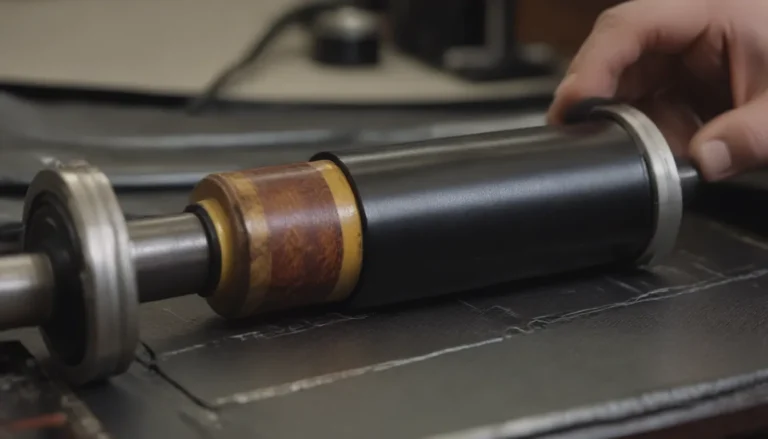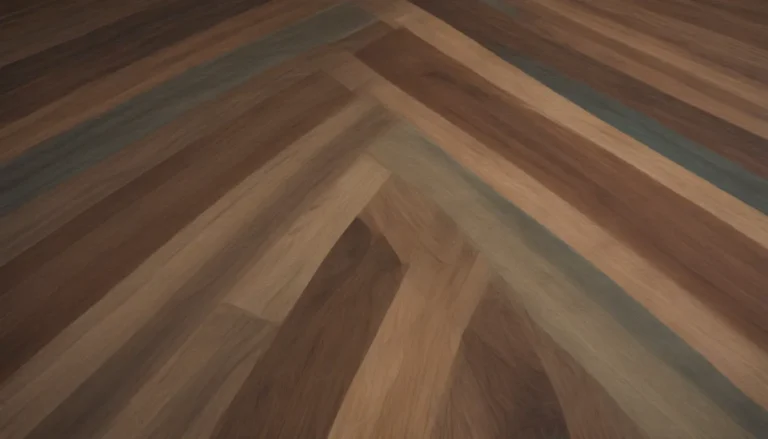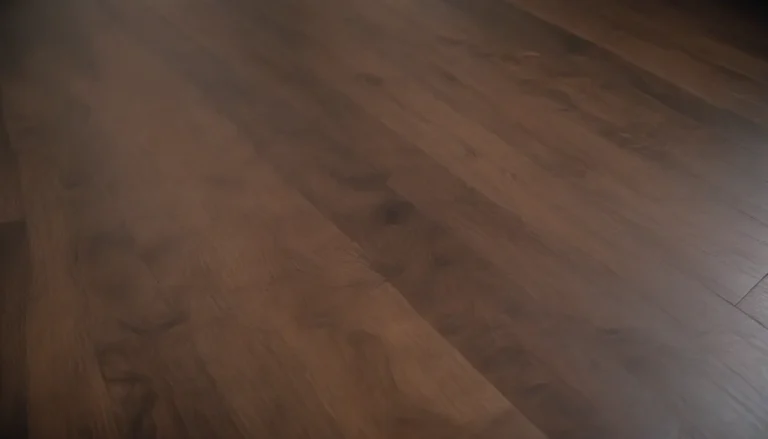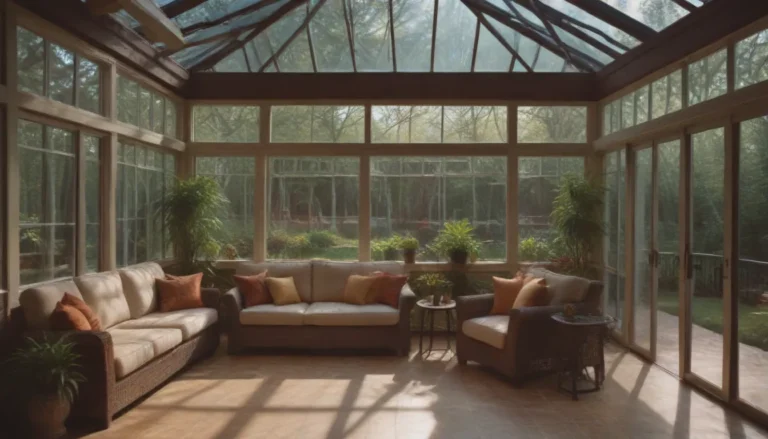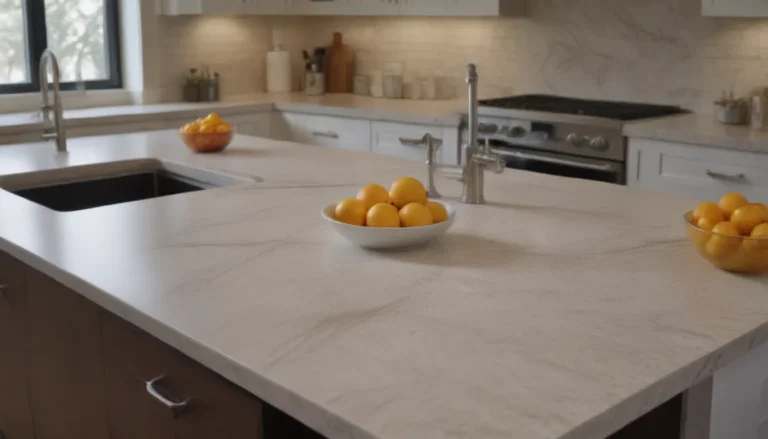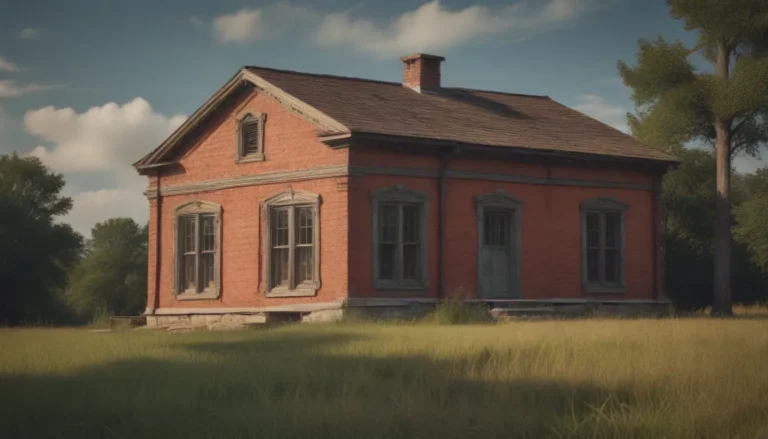A Comprehensive Guide to Choosing and Installing Driveway Pavers
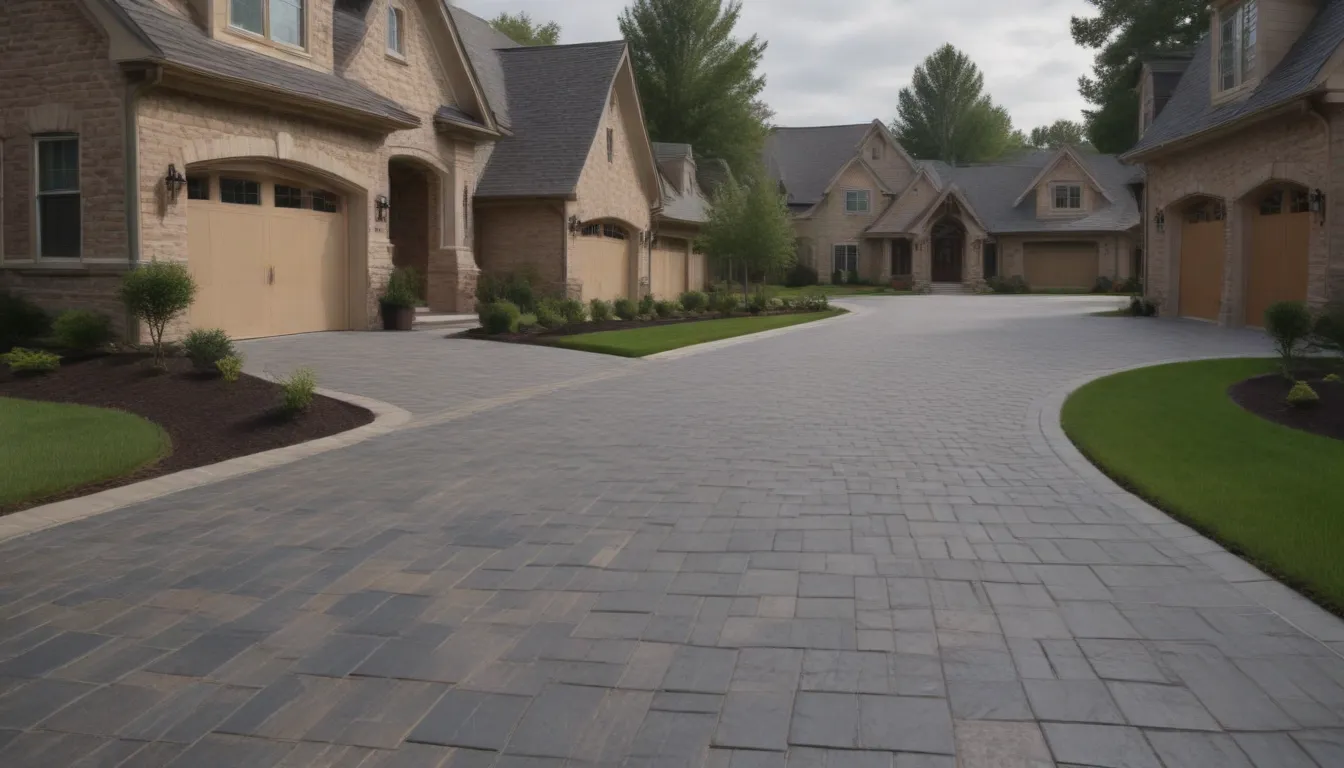
Welcome to our in-depth guide on driveway pavers! If you’re looking to enhance the look and feel of your home while increasing curb appeal, driveway pavers may be the perfect solution for you. In this article, we’ll explore the various types of driveway pavers, their pros and cons, how to choose the best one for your needs, and what you need to know about installation. Let’s dive in and learn everything you need to know about driveway pavers!
What Are Driveway Pavers?
Driveway pavers are interlocking slabs or blocks used to create a flat, even surface for driveways, patios, pool decks, and walkways. These pavers can be made from a variety of materials such as brick, concrete, natural stones like flagstone or granite, and even rubber. When it comes to driveways, the most common materials used for pavers are brick, concrete, stone, or permeable surfaces. Regardless of the material, all driveway paver installations start with a solid base made of compacted gravel and sand.
Pros and Cons of Driveway Pavers
Driveway Paver Pros
- Durable, long-lasting, and weather-resistant: Driveway pavers are built to withstand the elements and heavy vehicles.
- Curb appeal: Pavers can enhance the overall look of your home and increase its value.
- Low-maintenance: Once installed, pavers require minimal upkeep.
- Environmentally conscious: Permeable pavers allow water to drain naturally, reducing runoff.
- Some are less hazardous: Pavers provide better traction than traditional concrete.
- Doesn’t require curing: Unlike poured concrete, pavers are ready to use immediately after installation.
Driveway Paver Cons
- Installation time: Installing driveway pavers can be time-consuming.
- Cost: Pavers are more expensive upfront compared to concrete or asphalt.
- Weeds: In some cases, weeds can grow between pavers.
- Replacement pavers might not match: Finding an exact match for replacement pavers can be challenging.
Types of Driveway Pavers
Let’s explore the four main types of driveway pavers and their unique characteristics:
Brick Pavers
Brick pavers are made from molded and baked clay, providing a classic look to any driveway. While bricks are fragile and can flake over time, replacing individual bricks is relatively easy and cost-effective. A well-maintained brick paver driveway can last over 25 to 30 years.
- Best for: Traditional and timeless aesthetics
- Cost: Moderate
Concrete Pavers
Concrete pavers are a popular choice for driveways due to their longevity and durability. With a lifespan of 25 to 50 years, concrete pavers offer strength and resilience against everyday use. Unlike solid concrete slabs, concrete pavers are less prone to cracking.
- Best for: Long-lasting and versatile design options
- Cost: Moderate
Stone Pavers
Stone pavers, such as cobblestones made from natural quarried stone, are incredibly durable and long-lasting. While cobblestones can last for over a century, they may be rough in texture and less suitable for high-traffic areas.
- Best for: Durability and unique, rustic appeal
- Cost: High
Permeable Pavers
For eco-conscious homeowners, permeable pavers are an excellent choice. These pavers allow water to seep through, reducing runoff and preventing pooling. Permeable pavers are also durable and weather-resistant.
- Best for: Sustainability and drainage solutions
- Cost: Moderate
How to Choose a Driveway Paver
When selecting the right driveway paver for your project, consider the following factors:
- Size of the project: Determine the square footage needed for your driveway.
- Cost: Compare the upfront cost and long-term maintenance expenses.
- Maintenance and durability: Choose a paver that fits your maintenance preferences.
- Aesthetic: Select a paver that complements your home’s style and design.
- Weathering and erosion: Consider the climate and potential impact on the paver material.
- Environmental concerns: Opt for permeable pavers if sustainability is a priority.
DIY or Pro Installation?
Deciding between a DIY or professional installation for your driveway pavers depends on your budget, time, and skill level. While hiring a contractor can ensure a high-quality installation, DIY installation can save you money. If you choose to tackle the project yourself, follow these steps:
- Lay the base: Prepare a solid foundation of gravel and sand.
- Build edging forms: Create boundaries for your paver layout.
- Compact and level the surface: Ensure a flat and even base for the pavers.
- Place the pavers: Arrange the pavers according to your desired pattern.
- Fill in the paver gaps: Use sand or gravel to secure the pavers in place.
- Seal the surface: Apply a sealant to protect and enhance the appearance of the pavers.
If hiring a contractor, obtain multiple bids and choose a reputable professional with positive customer feedback. Remember, the lowest cost may not always guarantee the best outcome.
In conclusion, driveway pavers offer a versatile and durable option for enhancing your home’s exterior. Whether you prefer the classic charm of brick or the eco-friendly benefits of permeable pavers, there’s a solution to fit your needs. By considering the pros and cons of each paver type and carefully evaluating your project requirements, you can select the perfect driveway paver for your home. Happy paving!
